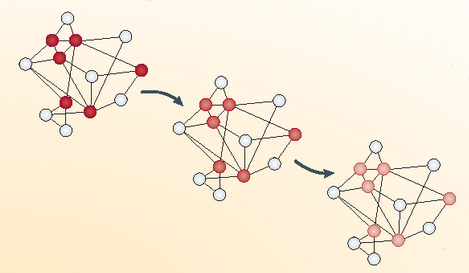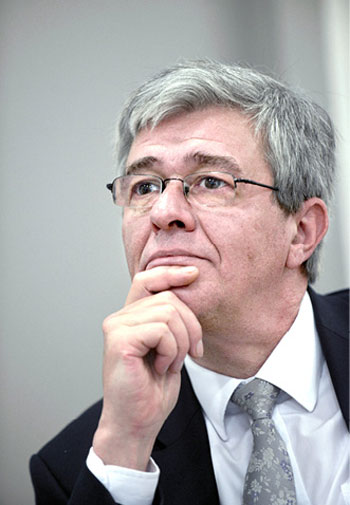Tuesday, 22 October 2019
Why forgetting can save your life

When we think about human memory, it tends to be with the implicit assumption that more is always better. But more and more neurobiologists are now asserting the opposite: that forgetting makes us more efficient! This raises two important questions: 1) forgetting what? and 2) more efficient in doing what? Science blogger Tom Siegfried attempts to provide the answers in an article published in January 2019, entitled “Why forgetting may make your mind more efficient.” (more…)
Memory and the Brain | Comments Closed
Friday, 4 October 2019
Karl Friston: toward a grand unifying theory of life and cognition?
 This week I’d like to tell you about a fascinating piece of reporting by journalist Shaun Raviv, in the November 13, 2018 issue of Wired magazine. It’s about one of the most important figures in the cognitive sciences today: Karl Friston. I call Raviv’s piece reporting rather than an interview because he spent more than a week in London in the summer of 2018 researching it. Its title, “The Genius Neuroscientist Who Might Hold the Key to True AI”, might seem sensationalistic, since we all know what a buzzword artificial intelligence has become. But in fact, this title understates the case. As Raviv puts it, “Friston believes he has identified nothing less than the organizing principle of all life, and all intelligence as well.”
This week I’d like to tell you about a fascinating piece of reporting by journalist Shaun Raviv, in the November 13, 2018 issue of Wired magazine. It’s about one of the most important figures in the cognitive sciences today: Karl Friston. I call Raviv’s piece reporting rather than an interview because he spent more than a week in London in the summer of 2018 researching it. Its title, “The Genius Neuroscientist Who Might Hold the Key to True AI”, might seem sensationalistic, since we all know what a buzzword artificial intelligence has become. But in fact, this title understates the case. As Raviv puts it, “Friston believes he has identified nothing less than the organizing principle of all life, and all intelligence as well.”
What Friston offers is the kind of (very) grand unifying theory that doesn’t come along in science every day. But who is this guy with such big ideas? (more…)
From the Simple to the Complex | Comments Closed







